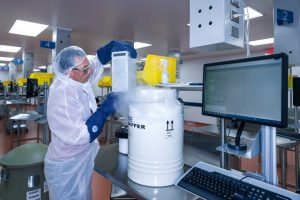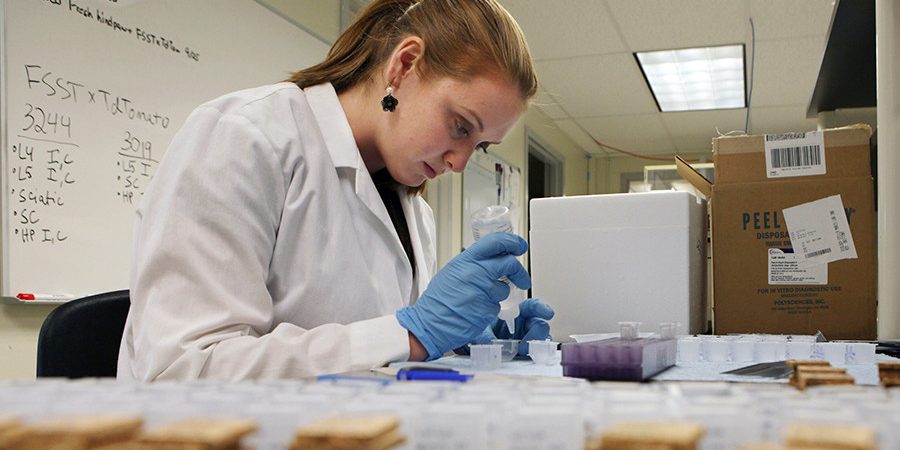The fight against cancer made a great stride with the approval of the first cancer-fighting gene therapy. The treatment makes use of the patient’s immune system to fight leukaemia. The Food and Drug Administration (FDA) approved the treatment that genetically alters the patient’s cells to fight the cancerous cells. This is a milestone that will greatly affect the treatment of cancer in the coming years.

The first child cancer patient to get altered cells.
Considering that this is the first time that a gene therapy has been cleared in the United States, it is a laudable action. Its approval for use with childhood leukaemia has given the green light for the drug to be used for the treatment of children and young adults who do not respond to traditional approaches. The group approved to use the one-time treatment is small – about 600 patients per year – but it currently being tested for a range of other diseases including non-Hodgkin lymphoma, solid tumours and myeloma.
The approval inks the first line of a new chapter in the fight against cancer. Reacting to the approval, the FDA Commissioner, Scott Gottlieb said:
“We’re entering a new frontier in medical innovation with the ability to reprogram a patient’s own cells to attack deadly cancer. New technologies such as gene and cell therapies hold out the potential to transform medicine.”
Source: The Washington Post
The Novartis treatment known as CAR T-cell therapy differs from other experimental gene approaches because it does not replace disease-causing genes with healthy ones. Rather, T cells (white blood cells) are extracted from the patient and, through a complex method, sent to the manufacturing center to be altered. The new genes produced now direct T cells to target and kill leukaemia cells.
The drug has the potential to be extended to adults. An animal testing model using mice showed that the different types of cancer respond to the therapy. It is still unclear how long it will take for human testing.
The oncology treatment costs $475,000 making it the most expensive of the high-priced cancer therapies. One of the promising oncology therapies employed in the past was the bone marrow transplant -not without its inherent problems. This new therapy has the potential to make bone marrow transplants obsolete.

A technician working with human cells belonging to cancer patients
The new oncology treatment also has some side effects, including a drop in blood pressure, high fevers and neurological problems. The good news is that the accompanying complications can be treated with a drug known as tocilizumab. Inasmuch as CAR T-cell therapy has shown great promises, its distribution is limited by the FDA to specially-trained hospitals and medical staff.
Novartis is making plans to have at least 20 certified medical centers within a month and 32 by the end of the year. The company is currently collaborating with Centers for Medicare and Medicaid Services to develop a pricing model based on how well the drug works for the patient. This means that after a month, if the patient has not shown any signs of the drug working, they will not be charged.







